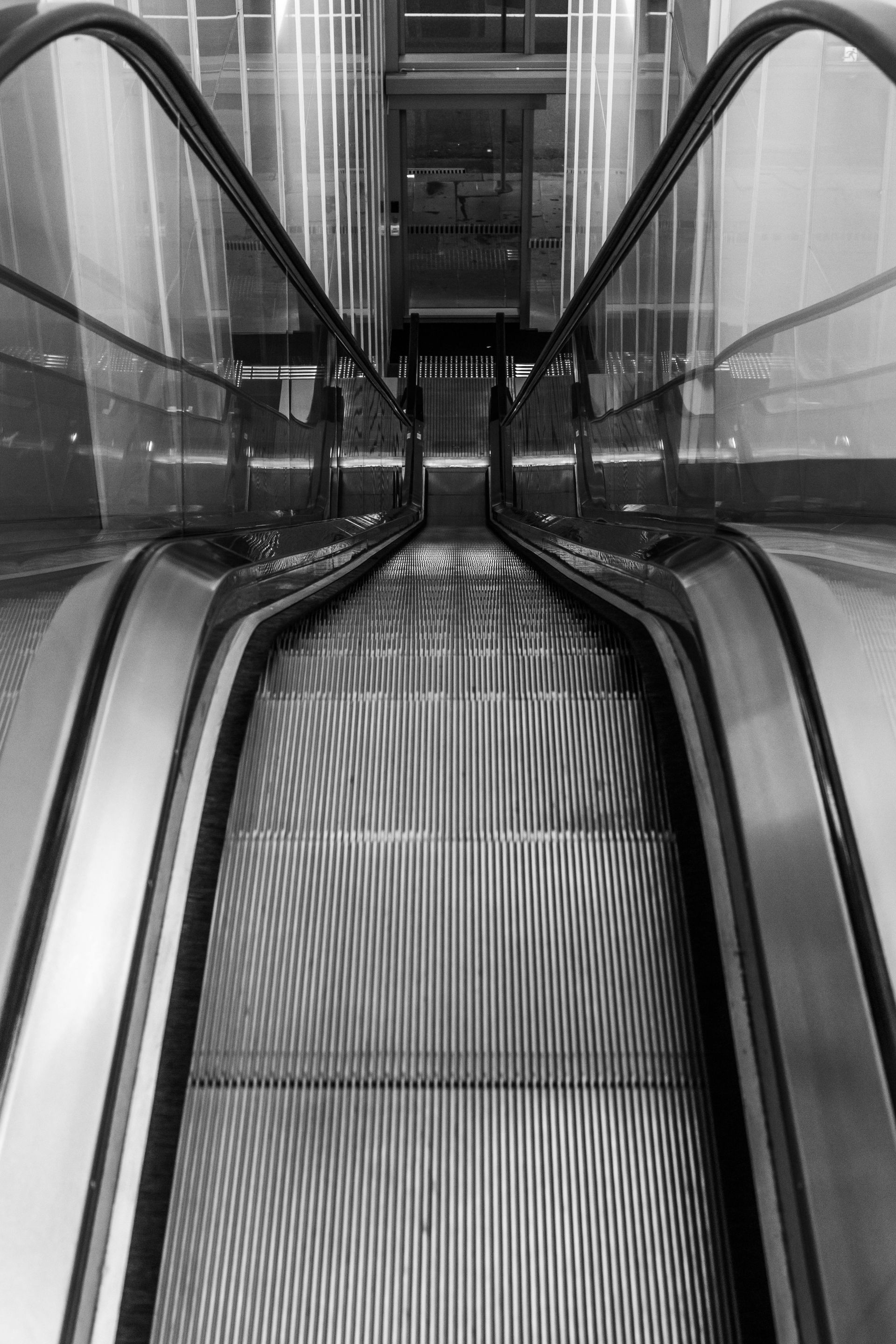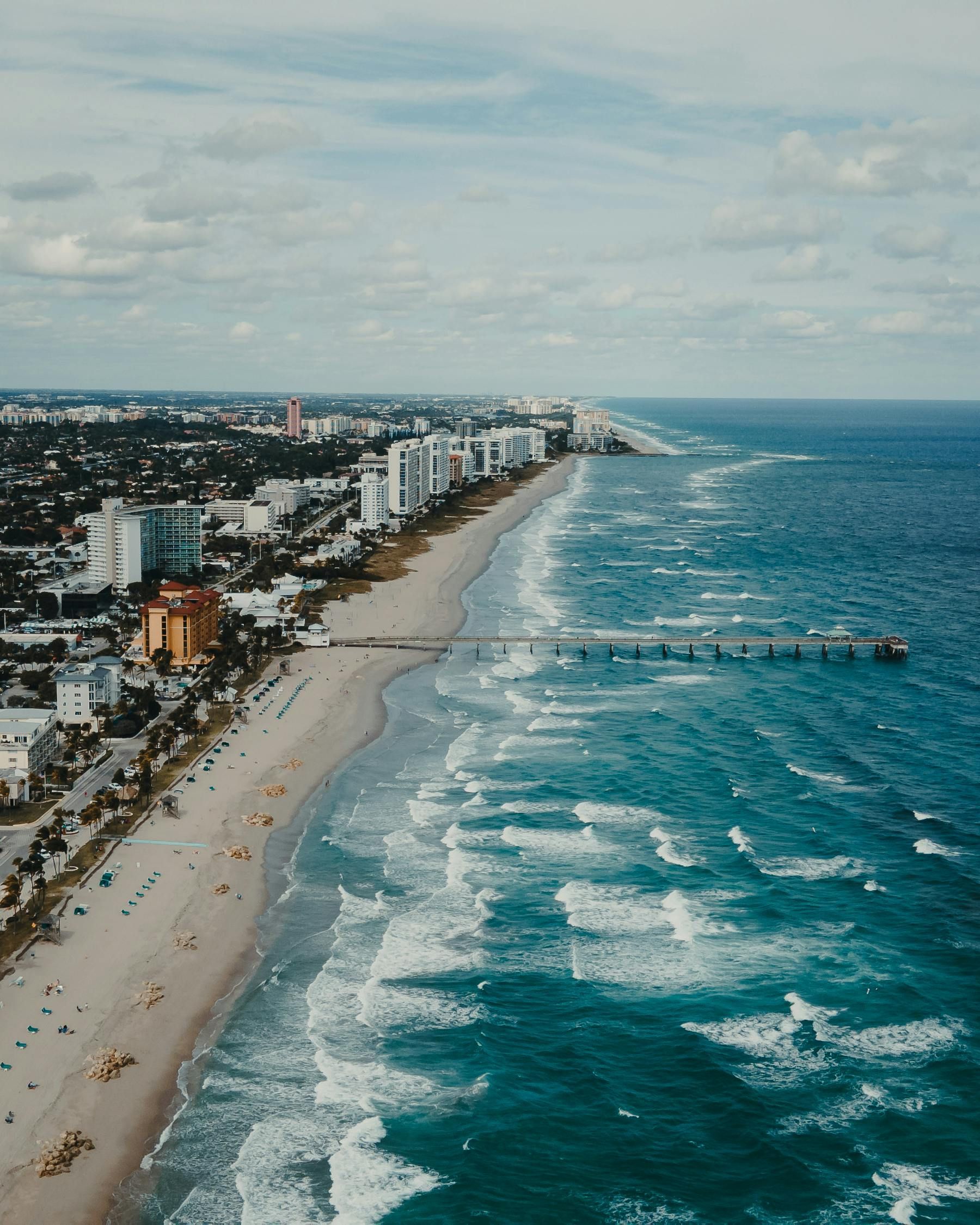Elevator & Escalator Accident Lawyer in Florida
When Equipment Fails, We Hold Property Owners Accountable.
Elevators and escalators are part of daily life in buildings across Florida—but when they malfunction, the results can be catastrophic. From sudden drops and entrapments to abrupt stops and dangerous misalignments, these accidents often result in serious injuries including broken bones, spinal trauma, and even long-term disability. If poor maintenance, mechanical failure, or negligence caused your injury, you may be entitled to compensation.
At the Law Offices of Comras & Comras, we represent victims of elevator and escalator accidents throughout South Florida. Property owners, management companies, and maintenance contractors have a legal duty to ensure their equipment is safe. When they fail to do so, we take action. Attorney David A. Comras brings years of litigation experience and relentless advocacy to every case, ensuring no detail is overlooked and no responsible party escapes accountability.
📞 Call us today for a free consultation: (954) 765 3740 →
Compensation You May Be Entitled to After an Elevator or Escalator Accident
Permanent Disability or Disfigurement
Additional damages for injuries that alter your mobility or independence.
If you’re unsure what your case is worth, contact Comras & Comras today for a free case evaluation.
These accidents often stem from preventable maintenance or operational failures. We handle cases involving:
- Sudden elevator drops or free falls
- Escalators stopping or reversing abruptly
- Entrapment due to faulty elevator doors
- Misaligned platforms causing trip hazards
- Loose or broken escalator steps
- Lack of regular inspection or repair
- Failure to comply with safety codes and regulations
If a building owner or maintenance provider cut corners on safety, we’ll hold them accountable.
We’ll coordinate inspections, bring in safety experts, and preserve evidence before it’s lost or altered.
What to Do After an Elevator or Escalator Injury
Call 911 – Always report the accident to law enforcement.
Seek Medical Attention – Even if you feel fine, injuries can appear later.
Document the Scene – Take photos, gather witness information, and get the other driver’s details.
Do Not Speak to Insurance Adjusters – Anything you say can be used to reduce your claim.
If you’re feeling overwhelmed, we’re here to help. Contact us today for a free consultation.

Start Building Your Case Today
Frequently Asked Questions About Elevator & Escalator Injury Claims
1. Who can be held liable for an elevator or escalator accident in Florida?
Liability often extends beyond just the property owner. Depending on the situation, responsible parties may include the property management company, maintenance contractors, elevator manufacturers, or third-party service providers. These entities have a legal duty to ensure the equipment is safe and functioning as intended.
At Comras & Comras, we conduct a detailed investigation to determine exactly what went wrong and who is responsible. We don’t stop at the obvious—we dig deeper, using expert insight and technical evaluations to uncover all potential sources of liability.
2. Are these cases difficult to prove?
They can be—especially when property owners are quick to repair or conceal the defect after the incident. That's why fast legal action is critical. These cases often require technical expertise, access to maintenance records, surveillance footage, and expert testimony to prove negligence.
Our firm moves quickly to preserve evidence and retain engineering or elevator safety experts. We know what documentation to request and what tactics building owners use to avoid responsibility. From the moment you call us, your case is prepared with trial in mind—even if it never gets that far.
3. What if I was injured in a hotel, mall, or public building?
Premises liability laws still apply in public buildings. If your injury was caused by malfunctioning or poorly maintained equipment, the business or property owner may be legally responsible. Public spaces are held to high standards of care—and when they fail, you have the right to pursue damages.
We’ve helped clients injured in shopping centers, hotels, office buildings, apartment complexes, and public transportation hubs. No matter where it happened, we’ll evaluate your case and hold the right party accountable.
4. What kinds of injuries result from elevator and escalator accidents?
These incidents can cause a wide range of injuries—from broken bones and dislocated joints to traumatic brain injuries, spinal cord damage, and permanent mobility issues. Escalator injuries often involve falls, entrapments, or sharp edge lacerations, while elevator accidents can involve crush injuries, free falls, or sudden jolts that cause severe trauma.
We work with medical professionals to fully document the extent and long-term impact of your injuries. Our goal is to ensure your recovery includes not just immediate treatment, but future care, therapy, and the support you need to regain quality of life.
5. Why choose Comras & Comras for your injury case?
Because results matter—and so does the experience behind them. David A. Comras has spent his career representing injury victims in complex, high-stakes litigation. When you hire our firm, you get direct access to a seasoned trial attorney—not a legal assistant or intake team. We prioritize communication, preparation, and relentless advocacy.
We’ve built our reputation by treating every client like their case is the most important one we’ve ever handled—because to them, it is. If you've been hurt, we’re ready to step in and take over the fight.

Why Choose Comras & Comras Law for Your Case?
When it comes to car accident claims, experience matters. Here’s why clients trust Comras & Comras Law:
Proven Results – We have secured millions for our clients.
Personalized Legal Support – We treat every client like family, ensuring your case gets the attention it deserves.
We Handle Insurance Companies –
Don’t let insurers lowball your claim—we fight for full compensation.
No Fees Unless We Win –
You don’t pay us a dime unless we win your case.



